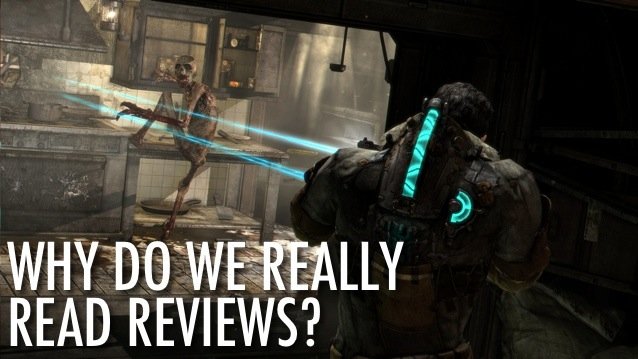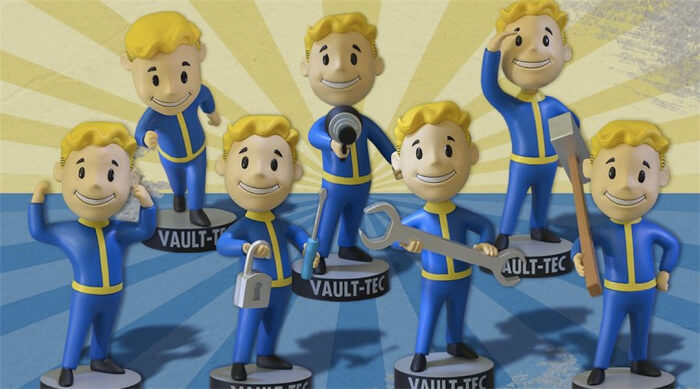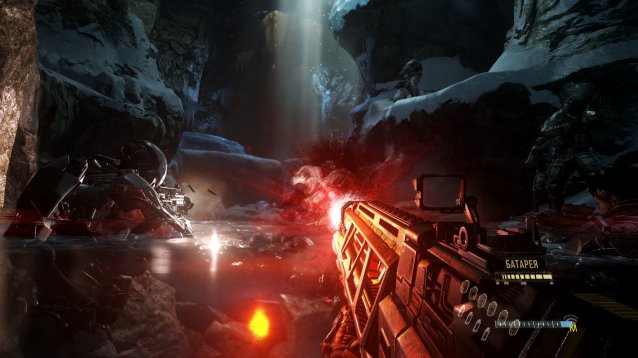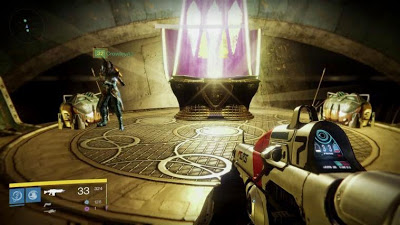


A few weeks ago, game designer Bennett Foddy took issue with Polygon's review of Dead Space 3, which triggered an argument with reviewer Arthur Gies. A much-read and discussed rundown of their debate was posted on Buzzfeed with the title “Why Do We Read Game Reviews” but that wasn't actually the question being discussed. Gies and Foddy were clashing over what they thought was good or necessary to include in game reviews—the question of the point of the review for readers generally was never addressed. And it's a more complicated discussion than people think.
The core assumption of the vast majority of both readers and writers is that reviews exist to inform consumers about what products they should buy and what products they should avoid. The assumption is rarely questioned, and it needs to be, because it's not necessarily true. If reviews exist only as consumer guides, then why have studies shown that people like to read reviews of products after they purchase them? Why do fans attack or defend reviews of games before they can possibly have played them? Why do people read reviews of games they don't ever intend to play, or that they've already made up their mind to purchase?
I'm not sure I've ever said “I have enough money to purchase a game, let me check up what the reviews say so that I can make an informed and rational purchase.” Instead, I read—or don't read—reviews as pieces of a wider social concept, and there's reams of evidence that I'm not alone.
The most important reason that people read reviews is that reviews set the starting point for discussion about the game in question. One like Gies' Dead Space 3 review, for example, focuses on the crafting system to the point that anyone jumping off from that review has to consider the crafting system when evaluating DS3, regardless of whether they agree with him or not that it's good.
This concept of discourse-setting seems obvious to the point of triviality for most reviews, but I think when you start moving outside most conventional reviews, it becomes obvious. Consider last year's biggest controversy, the Mass Effect 3 ending fights that raged for at least six weeks after the game's release. That the ending might be problematic or controversial wasn't considered by most critics in their reviews, which ended up in a huge running battle based on the dissonance between many in the game press and many fans of the game. Writers responded as if fans were trying to steal their role in setting the discourse, while fans reacted as though the writers had failed in their obligation to set the discourse properly.
You can also see discourse-setting at work during console reviews. While most games have an initial purchase spike and quickly drop off, consoles will be sold for years, and whether they're going to be good purchases at any point during those years depends much more on what games are available than critics' initial reaction to them. However those immediate reviews still set discussion points. For example, when the PS Vita was released, most reviewers talked about the back touch-pad if it was an unnecessary distraction. From here on, any game that utilizes that back touchscreen will have that discourse to contend with, succeed or fail.
Many game websites have comments or forums with thriving communities, and maintaining those communities is a critical component of their success. By posting respectable reviews, they maintain those communities by giving people spaces in which they can discuss the game and all things related. The discussion can be intelligent or not, fruitful or not, relevant or not, but it doesn't really matter. Reviews set discourse and now, more and more commonly, provide places for that discourse to exist.
Theoretically, a reviewer has two advantages over your average fan. First, the critic is also supposed to have a deeper well of knowledge about current and past video games that allows him or her to place them into proper context. To say that a new game is, say, a science fiction shooter is to simply describe it. A knowledgable critic, on the other hand, should be able to say what makes it stand apart from Halo or Gears Of War or Dead Space. This information may or may not make it directly into the review, but it helps the reviewer answer the implicit question of “Why is this game interesting enough to deserve being read about?”
What's more, an expert reviewer can also call attention to what makes games work, or not work, and why, in ways that the reader may not have seen or considered. Reviewers can act as tour guides through imaginary worlds—and this works best if the player has the game and can be guided through those worlds.
Second, a reviewer should also be able to express his or her thoughts on the game in a clear and readable fashion. That's the baseline for a critic. But many critics are significantly better than that, and reading them tear into or praise or analyze a game can be entertaining in and of itself. Long before I ever wrote for The A.V. Club, I was a fan of reading their writers. I read reviews of dozens of films I was unlikely to ever see, hundreds of albums in genres I didn't care about. This was in part because I wanted to know what was interesting and important about them, yes, but it was also because the writers used their words with flair. They were simply enjoyable to read regardless of any wider context about them.
When Deus Ex was released in 2000, it got positive but still quite critical reviews, thanks to its AI and graphical weaknesses primarily. The reviews also noticed the character customization and successful RPG/FPS integration, but it was still not really treated as the all-time classic it's now known as. Going back to reviews—at any point after they're published, not simply over a decade later—allows us to see what the writer thought was important. Through reading reviews, at any point, we can see what people think is important to discuss at any point that video games are discussed.
Reviews are probably the most common form of video game writing, and through them, we can learn about the games themselves, gaming in general, video game culture, and more. And sure, maybe reviews can also help consumers make informed choices while they're at it. But that seems unlikely.




 Pikmin 3 Secret Memo Locations Guide
Pikmin 3 Secret Memo Locations Guide Fallout 4: All Bobblehead Locations (with Screenshots)
Fallout 4: All Bobblehead Locations (with Screenshots) Review: Call of Duty: Advanced Warfare
Review: Call of Duty: Advanced Warfare A Beginner's Guide to Managing Your Money with Mint
A Beginner's Guide to Managing Your Money with Mint Destiny: House of Wolves Prison of Elders tips
Destiny: House of Wolves Prison of Elders tips